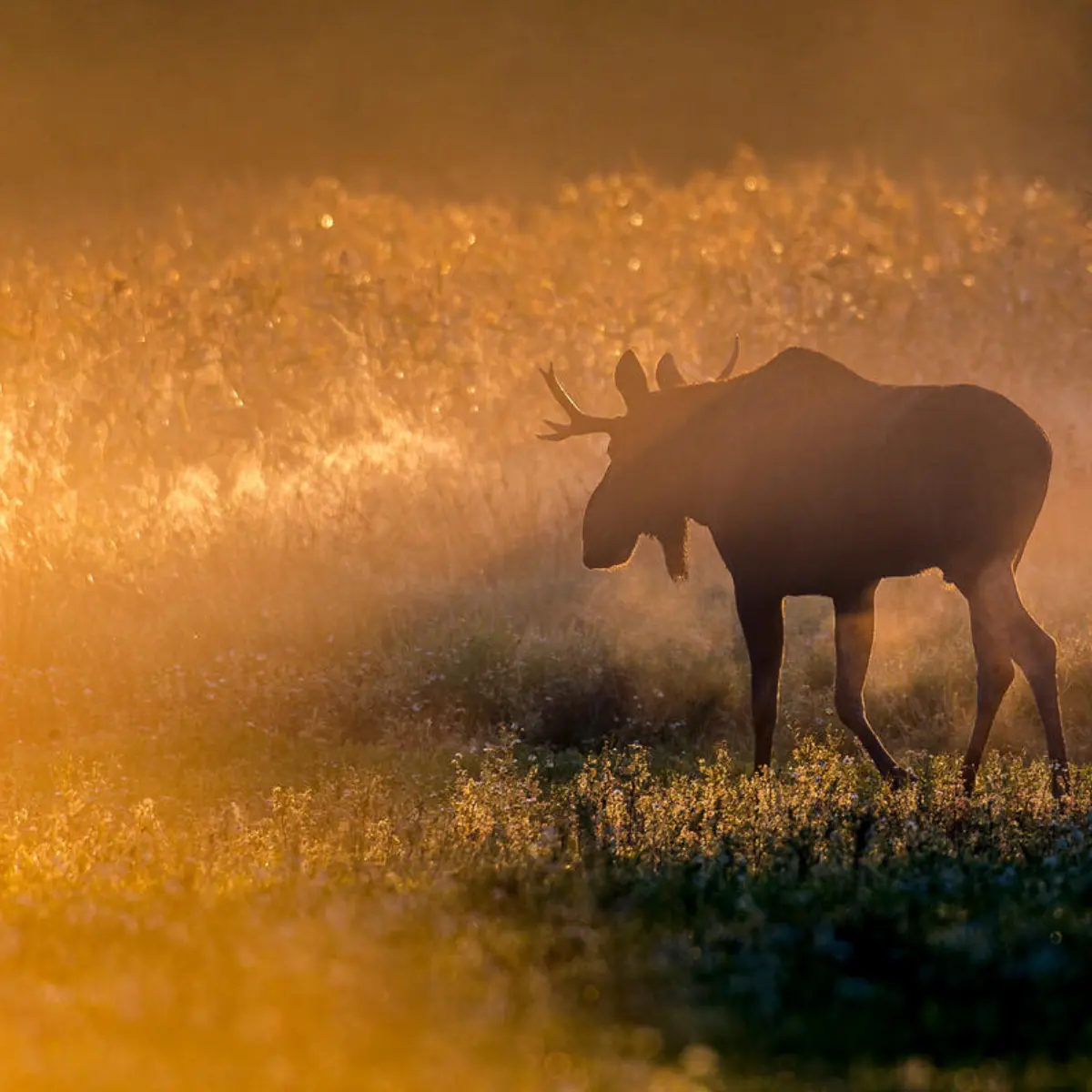The WWF is run at a local level by the following offices...
- WWF Global
- Adria
- Argentina
- Armenia
- AsiaPacific
- Australia
- Austria
- Azerbaijan
- Belgium
- Bhutan
- Bolivia
- Borneo
- Brazil
- Bulgaria
- Cambodia
- Cameroon
- Canada
- Caucasus
- Central African Republic
- Central America
- Central Asia
- Chile
- China
- Colombia
- Croatia
- Democratic Republic of the Congo
- Denmark
- Ecuador
- European Policy Office
- Finland
For far too long, we have polluted these vital ecosystems, regulated them with dams and channels, and extracted more water than our ecosystems could sustain. Decades of mismanagement and accelerating climate change are making Europeans vulnerable to pollution, water scarcity, and floods, and leading to more conflicts over access to this critical resource.
As a matter of fact, 60% of EU surface waters, such as rivers, lakes and wetlands are unhealthy, with one in three freshwater fish species in Europe facing extinction. Worldwide, freshwater ecosystems are the most threatened on the planet, and freshwater species populations have declined by 83% since the 1970s.
At EU level, WWF advocates for EU policies that protect water and freshwater ecosystems. We push for the effective implementation and stronger enforcement of the Water Framework Directive (WFD) to ensure the majority of freshwater ecosystems in the EU are healthy by 2027. We also foster EU policies that contribute to building water and climate resilience through the development of nature-based solutions. WWF’s efforts also focus on integrating water protection into key EU sectoral policies, from energy, to agriculture, and to transport.
"More than half of our rivers, lakes and wetlands are unhealthy. Instead of degrading our water resources, we must protect, restore and sustainably manage them. By doing so, we will reverse biodiversity loss, ensure quality water for people, and secure the crucial benefits of healthy freshwater ecosystems.”
Claire Baffert
Senior EU Policy Officer, Water
Upholding EU water protection standards
Adopted in 2000, the WFD is a cornerstone of EU water protection policy. From 2018 to 2020, the #ProtectWater campaign inspired more than 375,000 citizens to call on the European Commission to keep the WFD in its current form and not to lower its ambition. Today, we work to ensure that Member States fully implement the Directive through robust River Basin Management Plans, and that the European Commission effectively monitors that it is duly enforced.
Water resilience and climate adaptation
By degrading our freshwater ecosystems over the years, we have reduced our ability to cope with floods, droughts and forest fires, which are becoming more frequent and intense due to climate change. We advocate for EU policies that promote nature-based solutions, such as restoring wetlands, which act as “sponges”, as essential tools for achieving water resilience and adapting to the impacts of climate change.
To address these challenges, the European Commission has committed to launching a Water Resilience Strategy and the European Climate Adaptation Plan in the 2024-2029 mandate. WWF will work to ensure these help us achieve a climate-resilient and thriving Europe.
See WWF vision for climate adaptation in Europe.
Mainstreaming water protection
We strive to consistently integrate water protection into EU sectoral policies such as energy, agriculture and transport. For instance, we advocate against new hydropower development in Europe, fostering instead investments in refurbishing existing plants to lessen their impact on biodiversity. We also advocate for shifting investments toward low-cost, low carbon, low-impact alternatives, such as appropriately sited solar and wind power.
Contacts
Claire Baffert
Senior EU Policy Officer,
Water & Climate Change Adaptation
+32 492 73 10 92
Alejandra Morales
Communications Manager,
Natural Resources
+32 488 84 98 05

Rivers2Restore: how restored rivers strengthen our resilience to climate change
WWF’s new Rivers2Restore report is urging immediate action to restore Europe's rivers to their natural state and help deliver the EU’s recently agreed nature restoration targets. Restoring rivers - for example by removing dams or allowing the river to take its natural course - helps limit climate disasters like floods & drought by absorbing excess water during heavy rains, and replenishing groundwater which is released slowly during droughts.
Rivers2Restore is a collection of 11 projects selected by WWF across Europe that, if implemented, could make up 2,200km of restored rivers. Together, they could meet nearly 10% of the EU Biodiversity Strategy’s target, enshrined in the just-agreed Nature Restoration Law.
EU law-dismantling proposals mark a dangerous turn toward weaker rules and increased public health ...
Putting the mining industry first, the Commission is threatening fundamental water rules.
A new report lifts the lid on how little some of Europe’s most powerful industry groups care about ...



